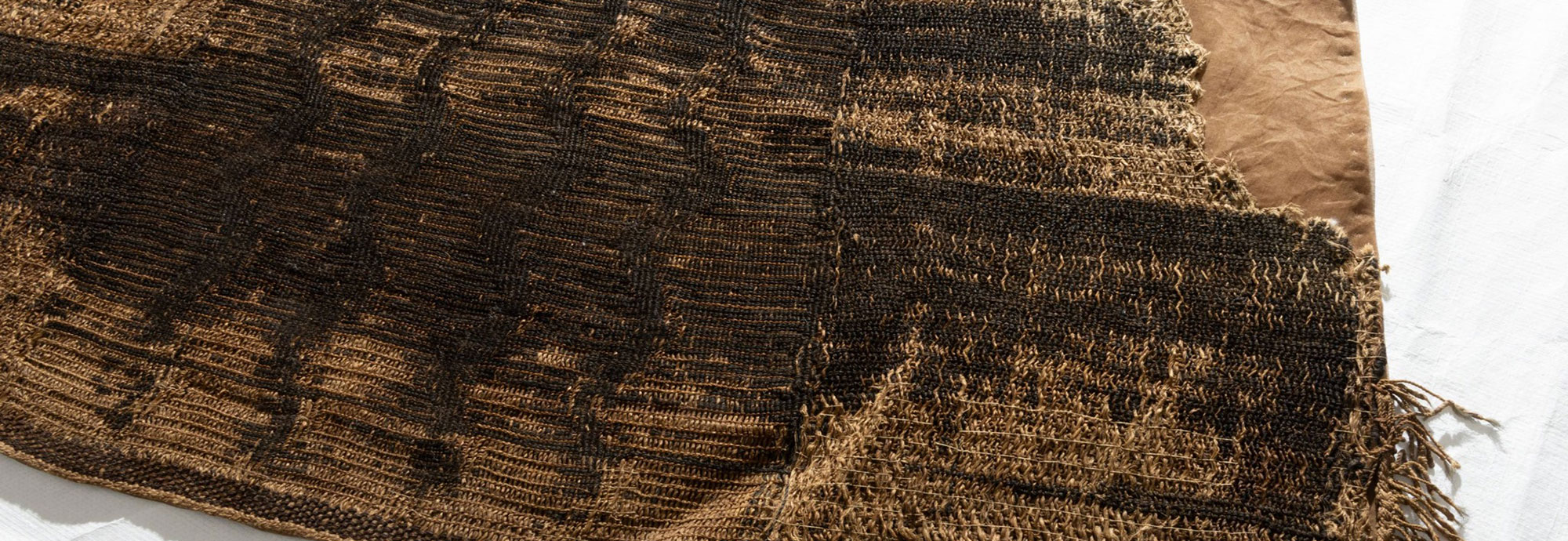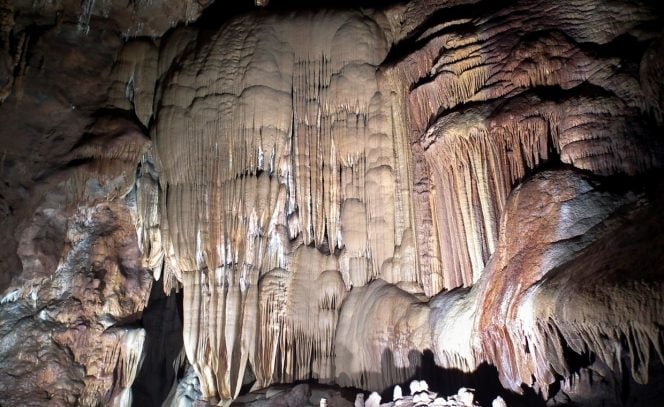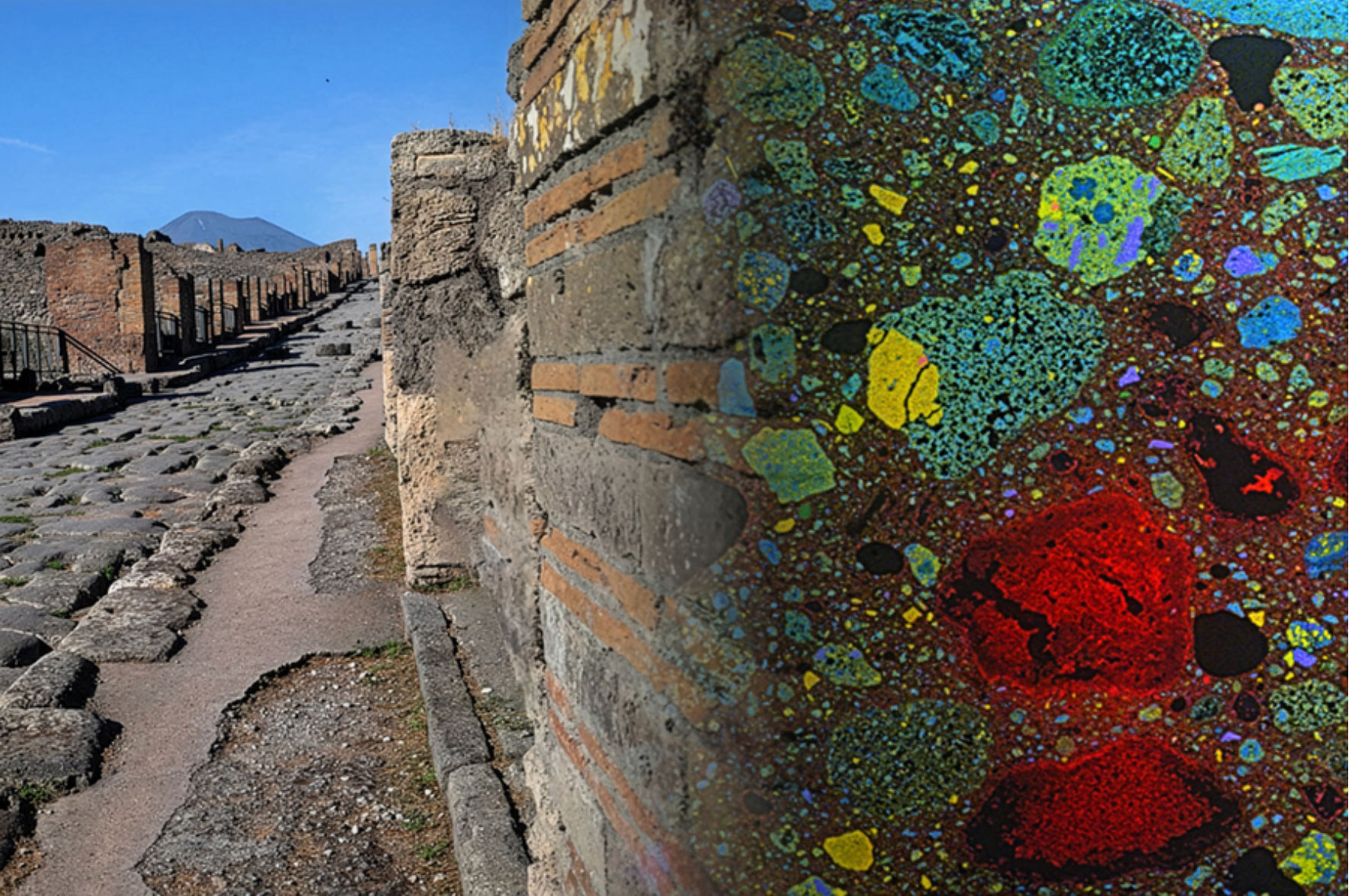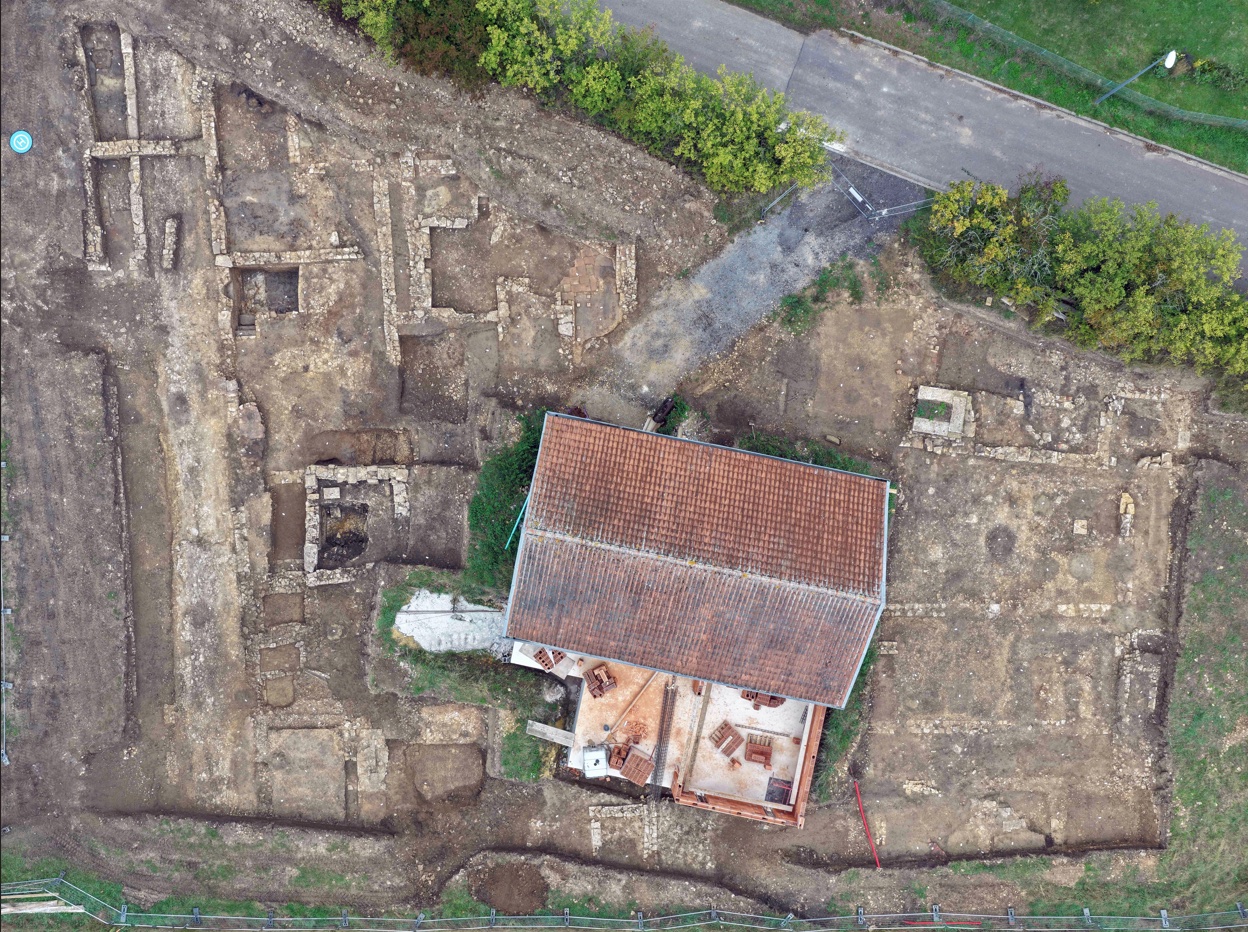News December 12, 2025
18th-Century Maori War Cloak Returned to New Zealand

Auckland Museum
News December 12, 2025
Late Roman Mosaic Uncovered Near the Black Sea

News December 12, 2025
New Thoughts on Denmark’s Ancient Hjortspring Boat

Photo by Boel Bengtsson/Fauvelle et al., 2025, PLOS One
News December 12, 2025
Drought May Have Triggered “Hobbit” Extinction

Garry K. Smith, Newcastle & Hunter Valley Speleological Society
News December 11, 2025
400,000-Year-Old Hearth Identified in England

Craig Williams, Illustrator, Department of Europe and Prehistory
News December 11, 2025
Roman Concrete Ingredients at Pompeii Analyzed

Archaeological Park of Pompeii
News December 11, 2025
Modified Skull from Northern Mexico Studied

INAH
News December 10, 2025
Roman Coin Hoards Found in France

© Anthony Robin, INRAP
News December 10, 2025
DNA Analysis Confirms Oral History of China’s Bo People

News December 9, 2025
Incense Burner Depicting Egyptian God Found at Ephesus

NEVER MISS AN UPDATE
Sign up for our monthly e-Update which includes highlights of the current issue, links to special collections from the magazine’s archive, and opportunities available only for subscribers.

